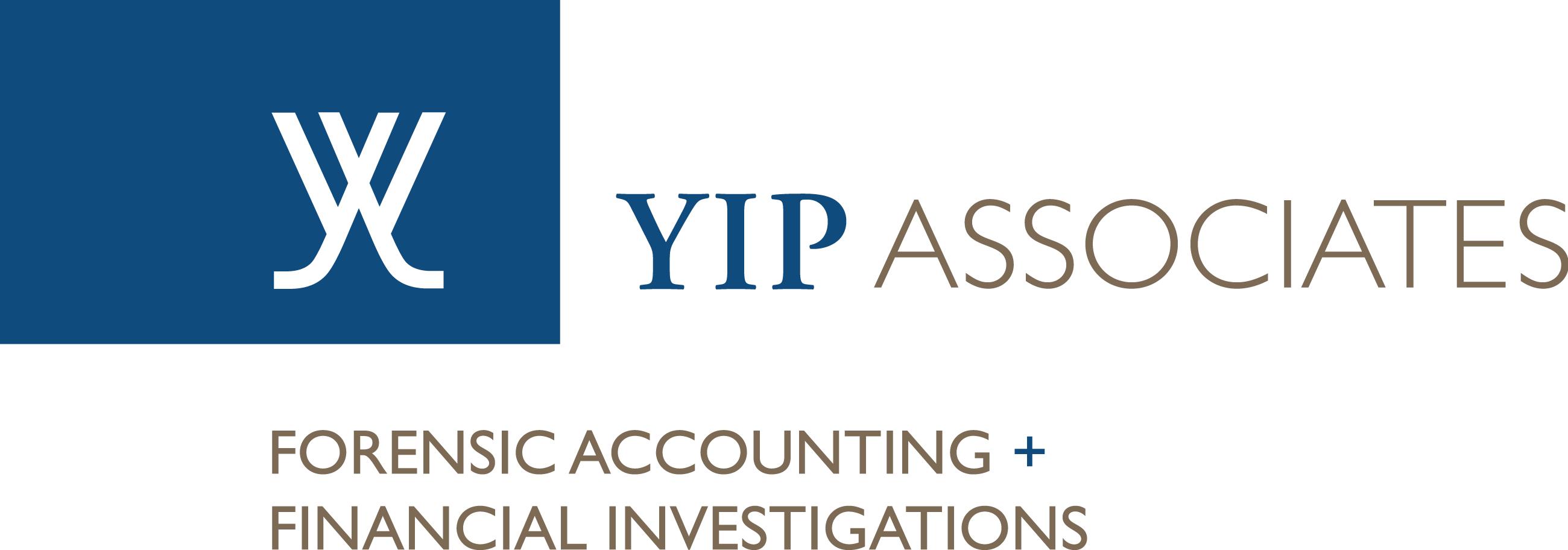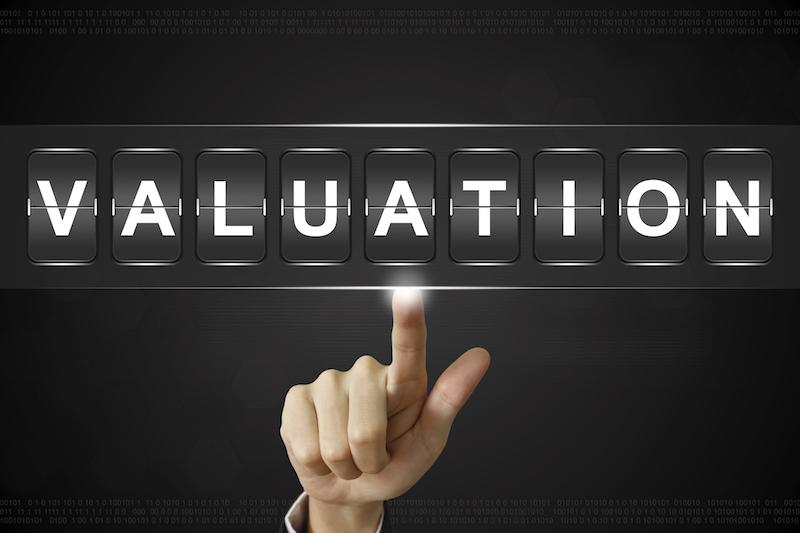A business valuation professional establishes values by utilizing specialist knowledge and training. Certified valuation professionals provide a range of services to clients including estate and gift tax appraisals, economic damage calculations, IRS valuations, intangible asset appraisals, shareholder and divorce litigation and contract disputes.
The need for certification and evidence of relevant experience in the field of business valuation has become widely appreciated. To identify professional excellence various credentials have been established. These credentials aim to ensure that qualifying individuals are competent, credible and possess relevant up to date training in business valuation. In many cases a valuation will be examined by the IRS or critically examined by opposing counsel in a court of law. The credibility of the valuation and the individual behind it must therefore be as solid as possible.
 Before an expert witness can give testimony in court their involvement must be approved by the judge. A judge acts as “gatekeeper” and can block an individual from giving testimony if they do not feel they are impartial, experienced and qualified. Experience and credentials are a major indication to both clients and trial judges that an individual possesses the desired levels of credibility.
Before an expert witness can give testimony in court their involvement must be approved by the judge. A judge acts as “gatekeeper” and can block an individual from giving testimony if they do not feel they are impartial, experienced and qualified. Experience and credentials are a major indication to both clients and trial judges that an individual possesses the desired levels of credibility.
When clients choose a business valuation professional they are looking for highly regarded certifications. Trial judges and jurors will also respond favorably to well established and respected qualifications. There are four major organizations in the US which offer a range of certifications in business valuation.
Business Valuation Accreditation and Certification Organizations
The American Society of Appraisers or ASA was founded in 1936 and is the largest interdisciplinary appraisal organization. This society offers the Accredited Senior Appraiser certification which is widely recognized and respected. The ASA is broadly considered to be extremely valuable to possess and difficult to achieve in part due to the organization’s reputation and the strict criteria associated with gaining the credential.
Candidates for the ASA must possess a four year degree or equivalent and five years of experience or equivalent. Potential candidates must pass the ASA ethics exam and the Uniform Standards of Professional Appraisal Practice (USPAP) exam. Candidates must complete four courses and submit two appraisal reports to the Board of Examiners.
The ASA also offers the Accredited Member (AM) designation which requires two years full-time appraisal experience. Both designations require successful completion of proctored examinations. Reaccreditation is possible only with evidence of continuing education, society participation and keeping up to date with USPAP courses. Publication in professional journals can contribute re-certification points.
The ASA has a strong focus on professional ethics and rigorous standards. Their credentials indicate high levels of professional competence. Possessing either an ASA or an AM designation enhances credibility significantly in litigation proceedings.
Another highly respected organization is the IBA or Institute of Business Appraisers. This is the oldest single discipline professional society and was established in 1978. This organization offers the CBA or Certified Business Appraiser designation. The CBA is recognized throughout the professional community and within the court system.
Candidates must possess a four year college degree or equivalent and have five years of full time experience or equivalent. Requirements include passing a proctored exam and submitting two appraisal reports for peer review.
The IBA also offers the Master Certified Business Appraiser (MCBA). MCBA is given on recommendation in consideration of long standing experience and contribution to the profession. Less than fifty people in the US have this qualification.
 The American Institute of Certified Public Accountants or AICPA is the national professional organization of Certified Public Accountants or CPAs in the US and has over three hundred thousand members across the world. Two major credentials offered by the AICPA are the Accredited in Business Valuation (ABV) and the Certified in Financial Forensics (CFF) designations.
The American Institute of Certified Public Accountants or AICPA is the national professional organization of Certified Public Accountants or CPAs in the US and has over three hundred thousand members across the world. Two major credentials offered by the AICPA are the Accredited in Business Valuation (ABV) and the Certified in Financial Forensics (CFF) designations.
Candidates for these credentials are required to have a valid CPA license and to have been involved in at least ten business valuation appraisals. Although a proctored one day exam is part of the course there is no requirement for a report to be submitted for peer review.
The fourth association providing business valuation credentials is the National Association of Certified Valuation Analysts or NACVA. This organization offers the CVA or Certified Valuation Analyst credential. In order to qualify individuals must posses a CPA license, pass a proctored exam and complete a take home exam. Business references are a requirement for candidates but as with AICPA there is no report writing requirement although candidates must take a report writing course.
To qualify for the CFF credential candidates should have experience in the field amounting to one thousand hours and have seventy-five hours of relevant education.
The ASA and CBA peer reviewed reports requirement sets these certifications apart in terms of both difficulty and desirability. Both of these designations are widely recognized and respected. Along with ABV and CVA they form the four main credentials which foster credibility with clients, the IRS and the courts. All these credentials require continuing education and recertification to allow the business valuation professional to demonstrate their competence and experience in this specialized field.






